

— Products —
 Consumer hotline +8618073152920
Consumer hotline +8618073152920 WhatsApp:+8615367865107
Address:Room 102, District D, Houhu Industrial Park, Yuelu District, Changsha City, Hunan Province, China
All products
Soil moisture sensors are used in agriculture: they can improve production efficiency and management, optimise resource allocation, improve the quality of agricultural products and promote the development of modern agriculture. Soil moisture sensors are important tools for monitoring and managing crop water use in agriculture. They can help farmers make informed irrigation decisions, improve production efficiency and management, optimise resource allocation, improve the quali···
Tel/WhatsApp:+8615367865107
Email:Arvin@niubol.com +Nearly 100 partner company in more than 68 countries. We are committed to providing high-quality, practical products to meet your needs and help you solve problems.Product Details
Soil moisture sensors are vital in agriculture. They help farmers monitor soil moisture conditions in real time, so that they can accurately control the timing and amount of irrigation and improve the efficiency of water utilization. Through soil moisture sensors, farmers are able to ensure that their crops grow under the right water conditions, which not only helps to improve the quality of agricultural products, but also effectively reduces the waste of water. In addition, the combination of these sensors and intelligent irrigation systems provides intelligent and automated management tools for modern agriculture, which promotes the sustainable development of agricultural production.


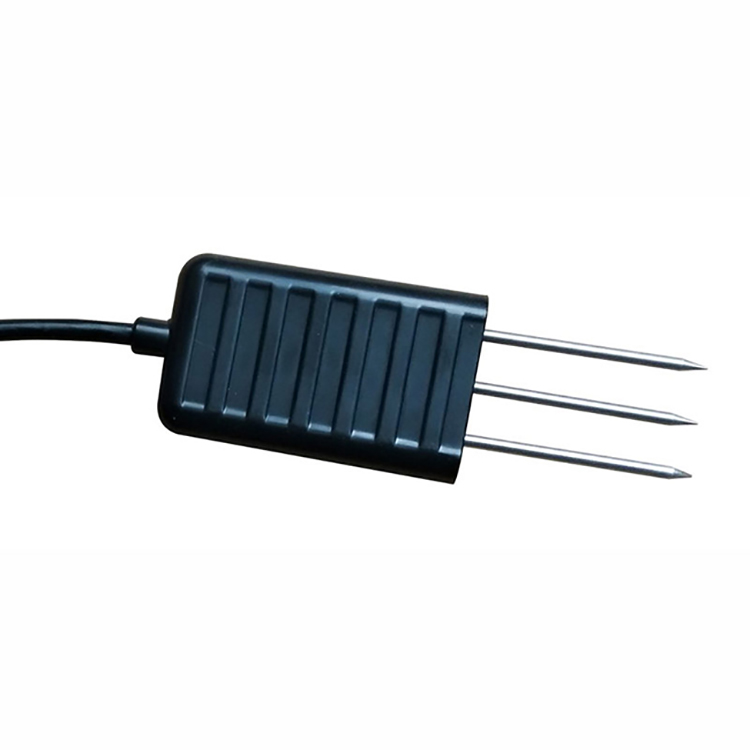
|
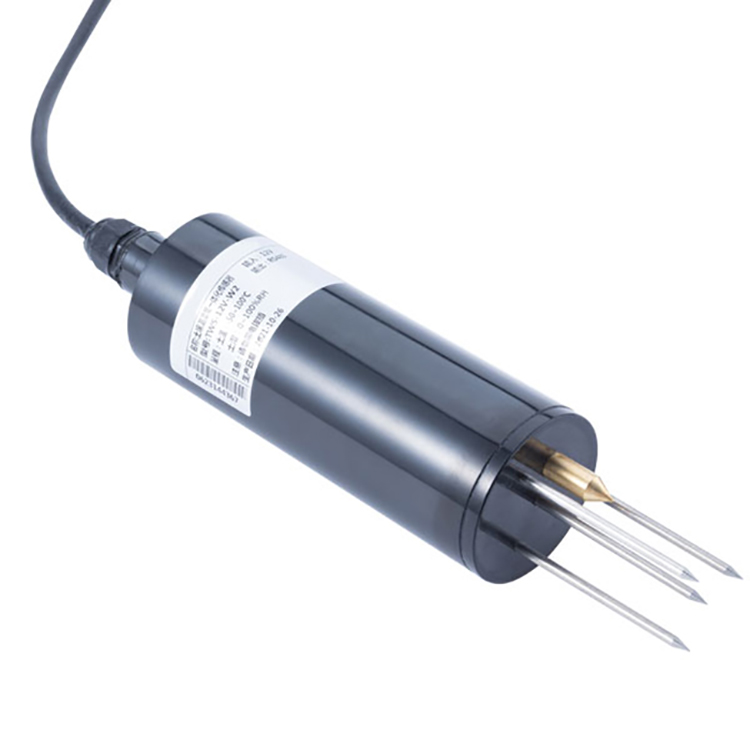
|
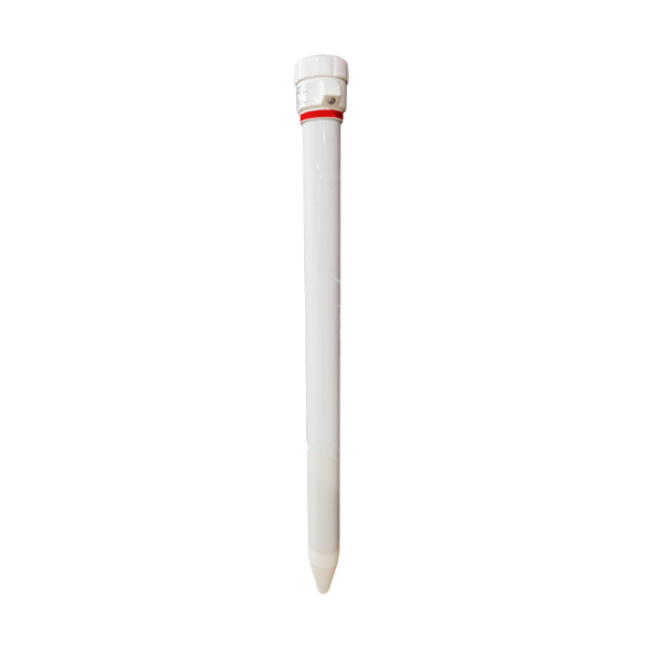
|
| soil moisture temperature conductivity sensor | Soil Moisture Temperature sensor | Multi depth soil moisture sensor |
soil moisture sensor is a device used to detect soil moisture and is widely used in agriculture. It helps farmers to know the soil moisture condition so that they can decide whether irrigation or drainage is required and what management measures to take.
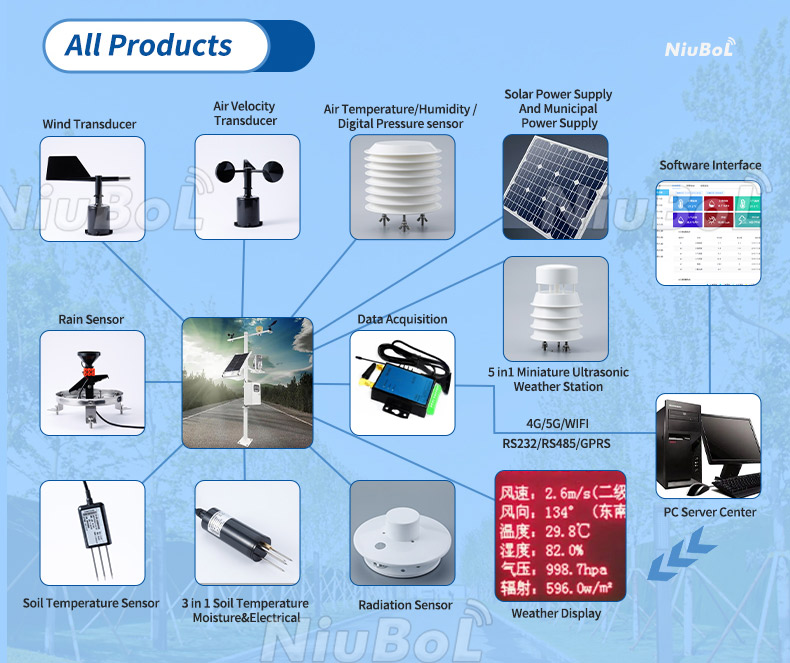
The soil moisture sensor can be used with various master controllers, such as Arduino. At the same time, it supports not only graphical programming, but also programming-free features for user convenience.
Advantages of Soil moisture sensors for agriculture:
Real-time monitoring: soil moisture can be monitored in real time, helping farmers to keep abreast of soil conditions.
Improve efficiency: Through automated monitoring and management, production efficiency and management can be improved.
Optimise resource allocation: precise irrigation and drainage can be carried out according to soil moisture conditions, optimising the use of water resources.
Improve the quality of agricultural products: the quality of agricultural products can be improved through precise soil moisture monitoring.
Remote monitoring and management: remote monitoring and management can be realised through the Internet or mobile network, which is convenient for users to understand the soil condition anytime and anywhere.
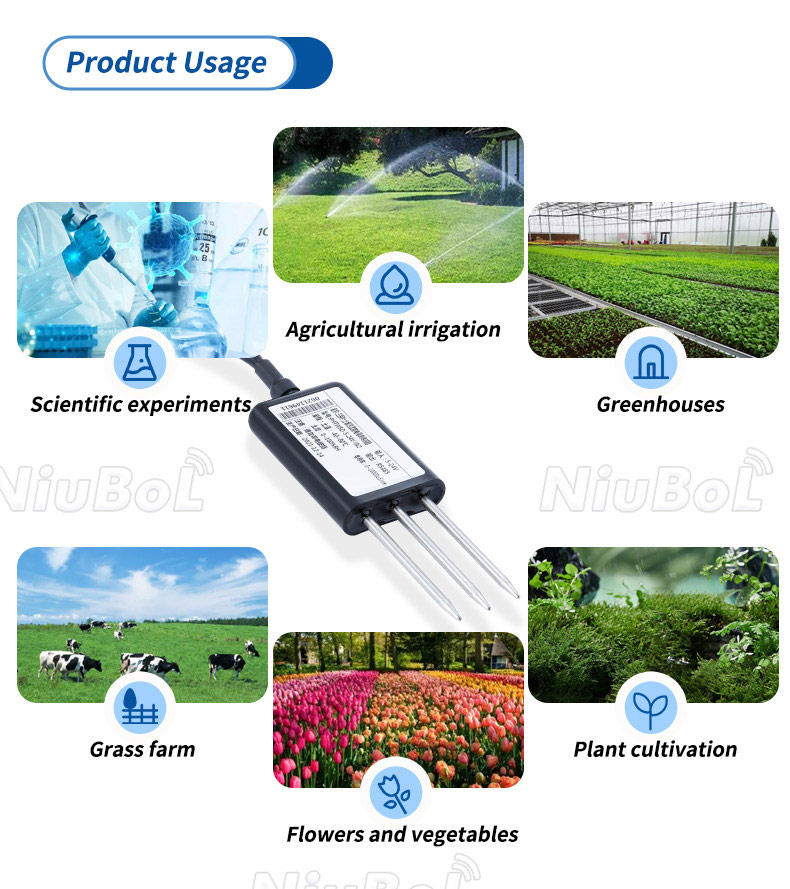
Soil moisture sensors are crucial tools in agriculture for monitoring and managing water usage in crops. They help farmers make informed decisions about irrigation, leading to improved water efficiency and crop health. Here are a few commonly used soil moisture sensors in agriculture:
1. Volumetric Soil Moisture Sensors: These sensors estimate the volumetric water content in the soil by measuring the dielectric constant. They typically use time-domain or frequency-domain measurement techniques. Volumetric soil moisture sensors provide accurate measurements across different soil types and can be used at various depths.
2. Tensiometers: Tensiometers measure the suction pressure or tension that plants need to overcome to extract water from the soil. They consist of a porous cup connected to a water-filled tube and a vacuum gauge. Tensiometers are useful in determining when to irrigate based on the soil moisture tension. They are particularly effective in sandy soils.
3. Capacitance Sensors: Capacitance sensors measure soil moisture by analyzing changes in electrical capacitance caused by moisture fluctuations. They usually consist of two electrodes inserted into the soil. Capacitance sensors are versatile, providing accurate measurements in various soil textures and salinity levels. They are relatively easy to install and require low maintenance.
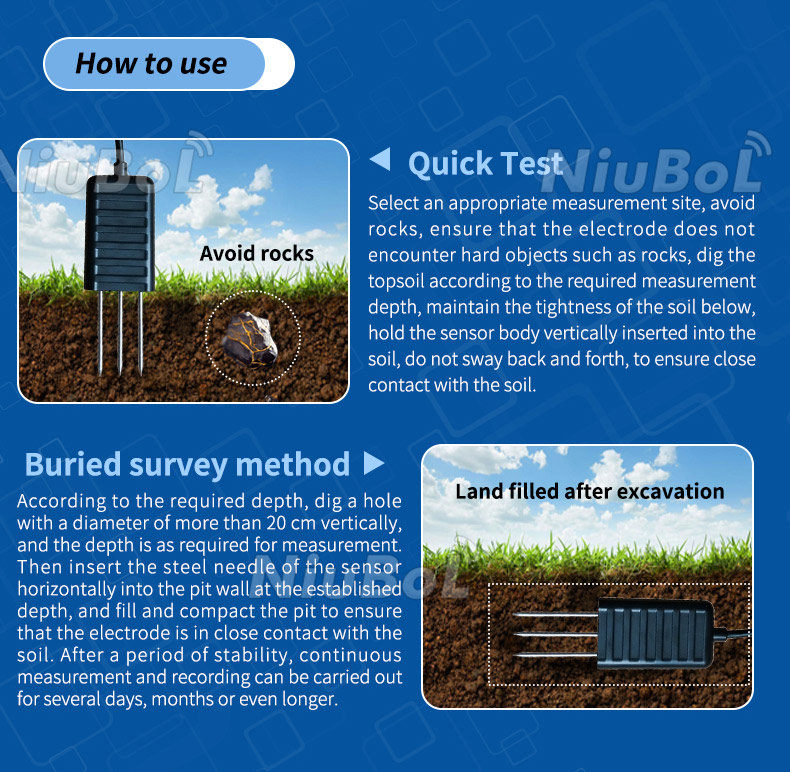
4. Resistive Sensors: Resistive sensors determine soil moisture levels by measuring the electrical resistance between two electrodes inserted into the soil. As soil moisture increases, the electrical conductivity rises, resulting in lower resistance. These sensors are affordable, simple to operate, and suitable for basic soil moisture monitoring.
5. Granular Matrix Sensors: Granular matrix sensors typically use gypsum blocks or granular material with moisture-sensitive properties to estimate soil moisture levels. The moisture content alters the electrical resistance or dielectric properties of the material, which is then measured. These sensors are cost-effective and offer reliable measurements over time.
When choosing a soil moisture sensor, consider factors such as accuracy, durability, compatibility with local soil conditions, ease of installation and maintenance, and data compatibility with irrigation systems or data loggers. Integrating soil moisture sensors into agricultural practices can optimize irrigation scheduling, minimize water waste, and promote sustainable farming practices.
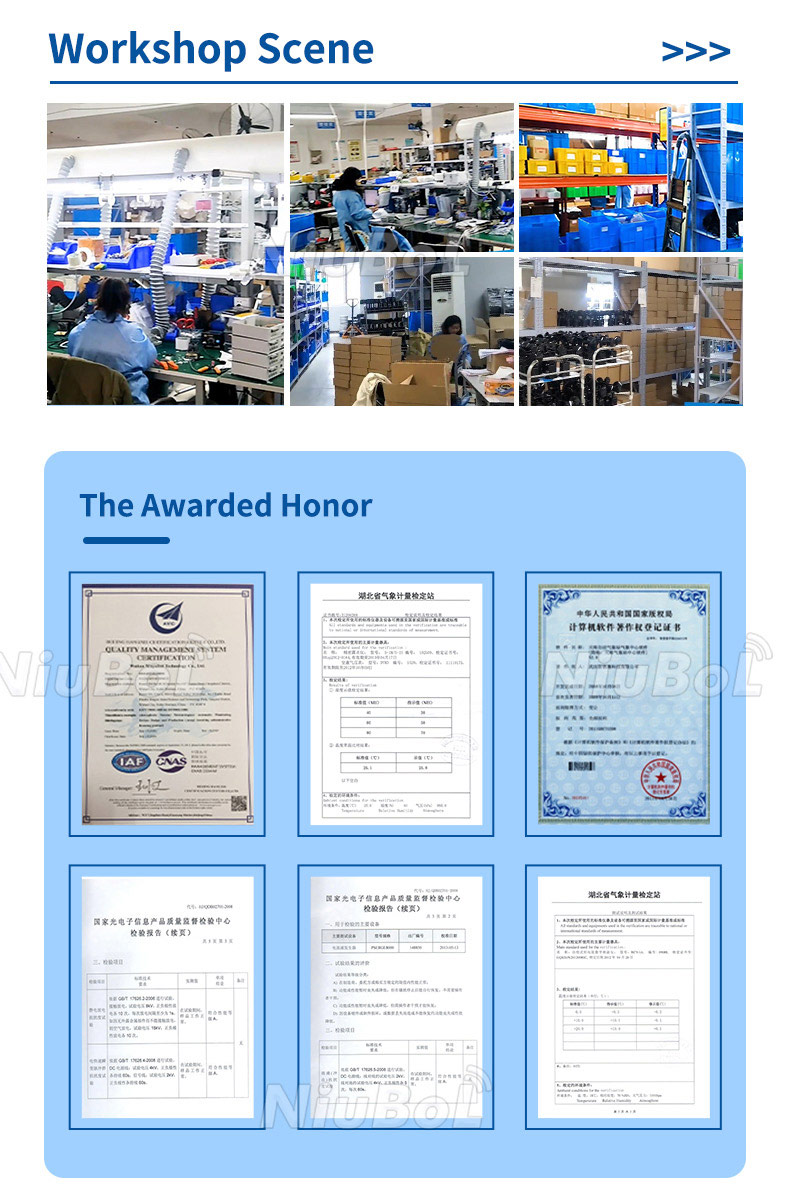
Soil moisture sensors are essential tools in agriculture for managing irrigation and optimizing crop growth. Here's how moisture sensors are used in agriculture:
1. Determining Irrigation Timing and Amounts: Soil moisture sensors can help farmers determine when to irrigate crops by providing real-time measurements of soil moisture levels. This enables farmers to irrigate only when necessary, avoiding over- or under-watering and reducing water waste.
2. Monitoring Soil Health: Soil moisture sensors can provide insights into soil health by tracking changes in moisture levels over time. By monitoring soil moisture content, farmers can identify areas of the field that may require additional nutrients or soil amendments.
3. Optimizing Crop Yield: Soil moisture sensors enable farmers to optimize crop yields by ensuring that crops receive the right amount of water at the right time. By providing precise information about soil moisture levels, farmers can adjust irrigation schedules and ensure that crops receive adequate water without being waterlogged.
4. Reducing Water Waste: Soil moisture sensors help farmers reduce water waste by minimizing excess irrigation. By providing real-time data on soil moisture levels, farmers can avoid over-watering, which can lead to waterlogging and nutrient leaching.
5. Saving Time and Labor Costs: Soil moisture sensors can save farmers time and labor costs by automating irrigation systems. With a sensor-based irrigation system, farmers can set up automatic irrigation schedules based on real-time soil moisture data, reducing the need for manual intervention.
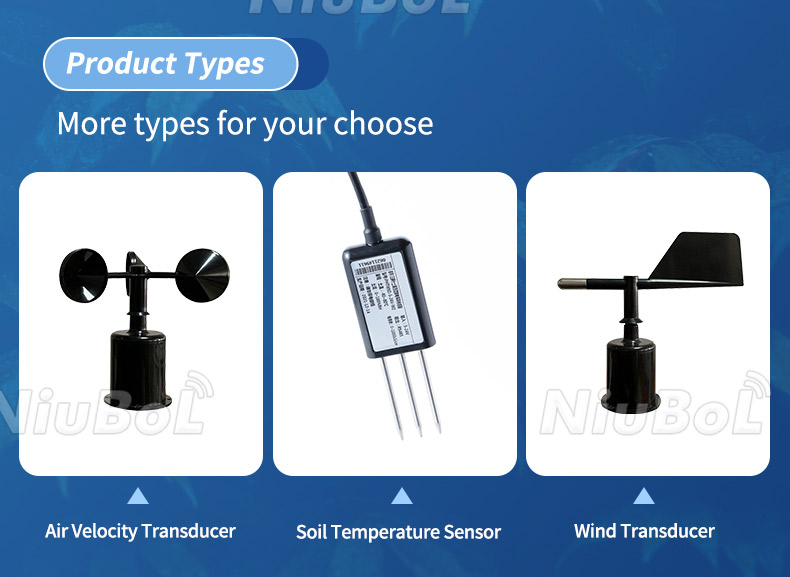

Overall, soil moisture sensors are powerful tools for optimizing crop growth, reducing water waste, and promoting sustainable agriculture practices. By integrating moisture sensors into agricultural practices, farmers can improve crop yields, save water and money, and promote environmental sustainability.
NBL-S-THR-Soil-temperature-and-moisture-sensors-Instruction-Manual-V4.0.pdf
NBL-S-TMC-Soil-temperature-and-moisture-conductivity-sensor.pdf
NBL-S-TMCS-Soil-temperature-humidity-salty-EC-sensor.pdf
Sensors & Weather Stations Catalog
Agriculture Sensors and Weather Stations Catalog-NiuBoL.pdf
Weather Stations Catalog-NiuBoL.pdf
Related recommendations
 Multi-Depth Soil Sensor RS485
Multi-Depth Soil Sensor RS485 TDR Soil Moisture Sensor
TDR Soil Moisture Sensor Pyranometer Solar Radiation Sensors
Pyranometer Solar Radiation Sensors Soil ph sensor
Soil ph sensor Tipping Bucket Rain Gauge
Tipping Bucket Rain Gauge Air Temperature and Humidity Sensor
Air Temperature and Humidity Sensor
Screenshot, WhatsApp to identify the QR code
WhatsApp number:+8615367865107
(Click on WhatsApp to copy and add friends)